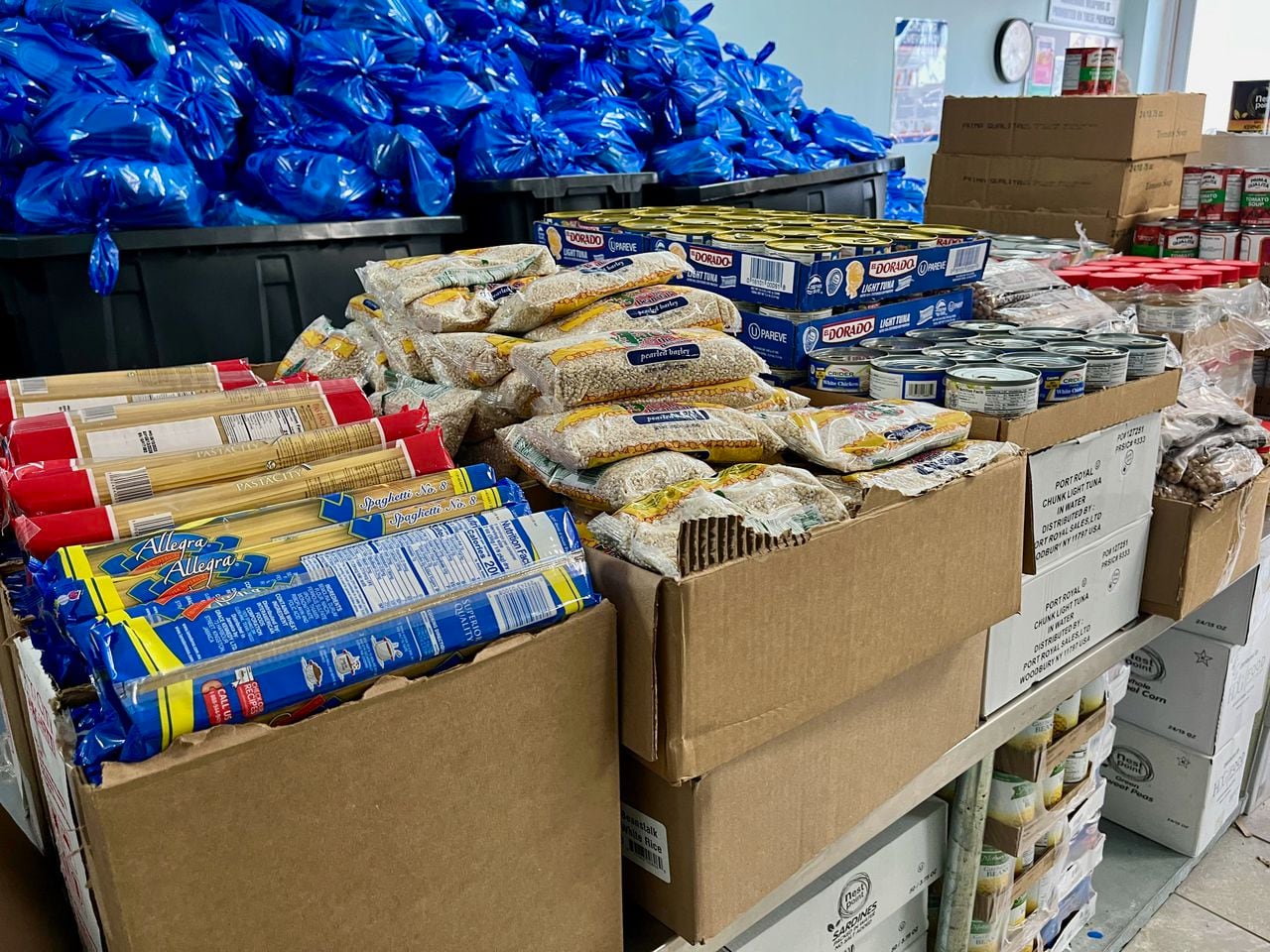Guest opinion: Itâs the most wonderful time of yearâ¦unless youâre living with hunger
This is a guest opinion column
Once again, the holiday season is upon us and it’s the most wonderful time of the year…unless you’re living with hunger. Or your child is. And these days, for more and more people, that’s a fact of life.
This fall, the USDA released their most recent Household Food Security Report, and their findings were not good. Thirty three million people in the U.S. are food insecure, including 1 in 5 children.There are over 740,000 people facing hunger in Alabama alone. These are not acceptable facts, and they point to a reality that simply does not have to be.
Before the onset of COVID 19, significant progress was being made in efforts to end child hunger. When the pandemic hit, hunger skyrocketed as millions of families faced unemployment, hospital bills, evictions and other hardships. However, effective government programs were enacted to help struggling kids and families, from expanded Supplemental Nutrition Assistance Program (SNAP) benefits that helped parents buy groceries to tax credits that helped families pay their bills.
In 2021, we saw record-low food insecurity among families with children. But Congress stopped investing in many of these critical programs and overall food insecurity increased. The number of children living with hunger skyrocketed in that one year from 9 to 13 million. Here in Alabama, the same trend can be seen. Nearly 1 in 11 children in Alabama’s Black Belt region has reported going a day or more without eating. That’s one child too many. Kids and families deserve better.
The bottom line is that policy matters. When our nation invests in nutrition programs like SNAP and WIC (Special Supplemental Nutrition Program for Women, Infants and Children), school and summer meals, and programs that help get grocery and Child Tax Credit benefits into the hands of families, hunger and hardship numbers recede. When kids have access to the food they need, they’re healthier, and better able to learn.
As our elected officials move forward with legislative matters that impact families’ abilities to feed their children, let us not lose sight of the fact that access to adequate nutrition is a right not a privilege. It’s hard to overstate how important it is to correct the course for soaring food insecurity and poverty rates.
Congress can improve and strengthen existing programs to better meet the needs of millions of families. The 42 million people who use SNAP to buy groceries and the 7 million women and young children who depend on WIC for essential nutrition are relying on Congress to keep the heartbreaking reality of hunger at bay. Contact your representatives today here and urge Congress to protect SNAP and WIC. Your voice can make a difference.
Lori Golden is Senior Manager, No Kid Hungry Alabama and Laura Lester is Chief Executive Officer, Feeding Alabama
